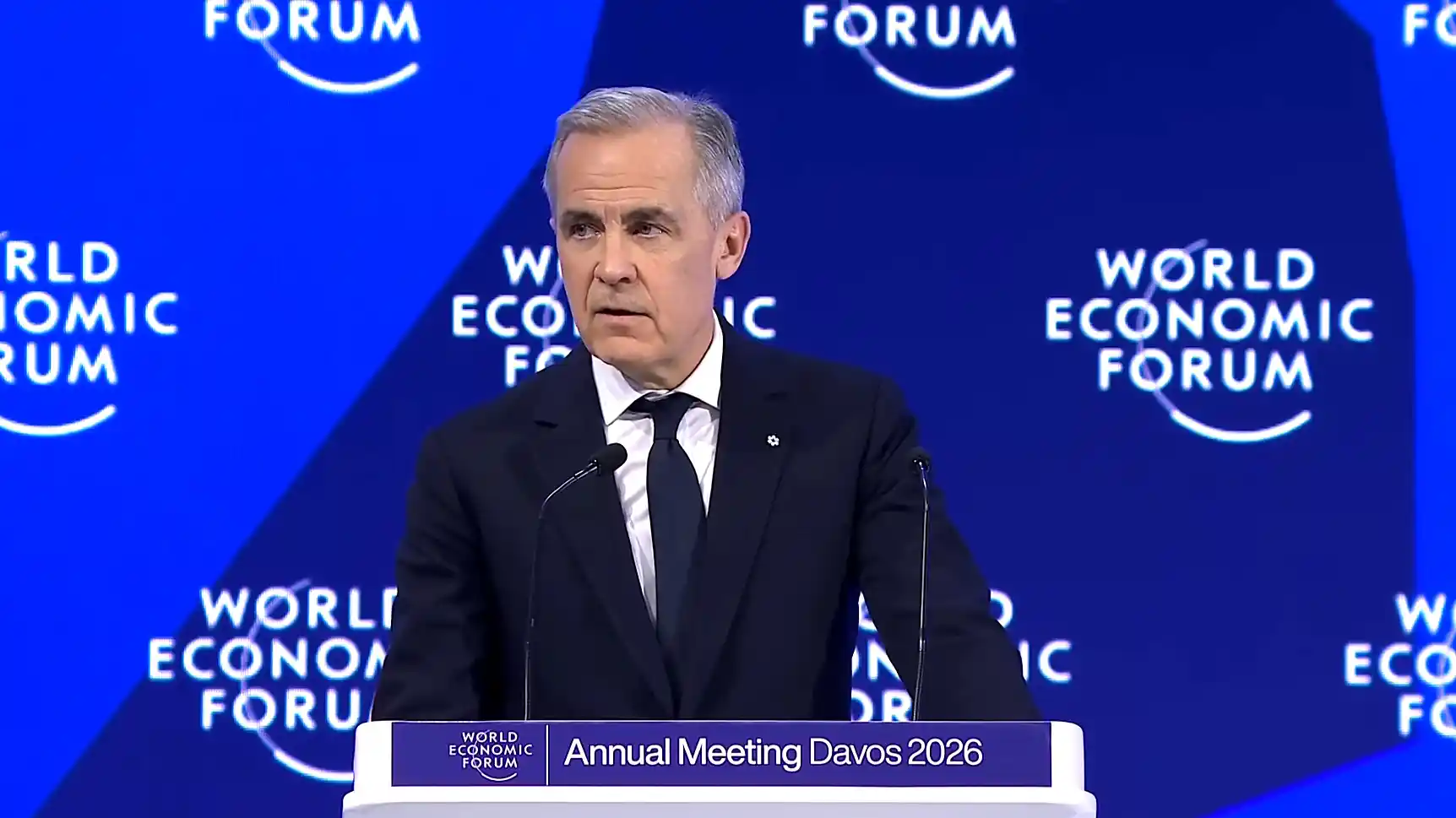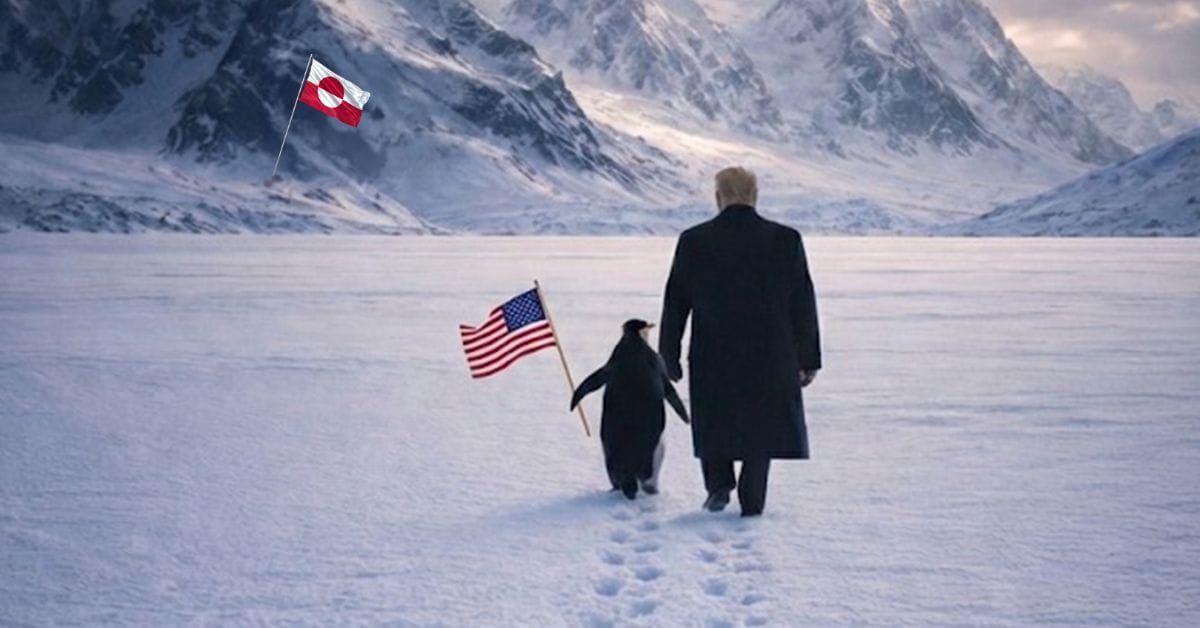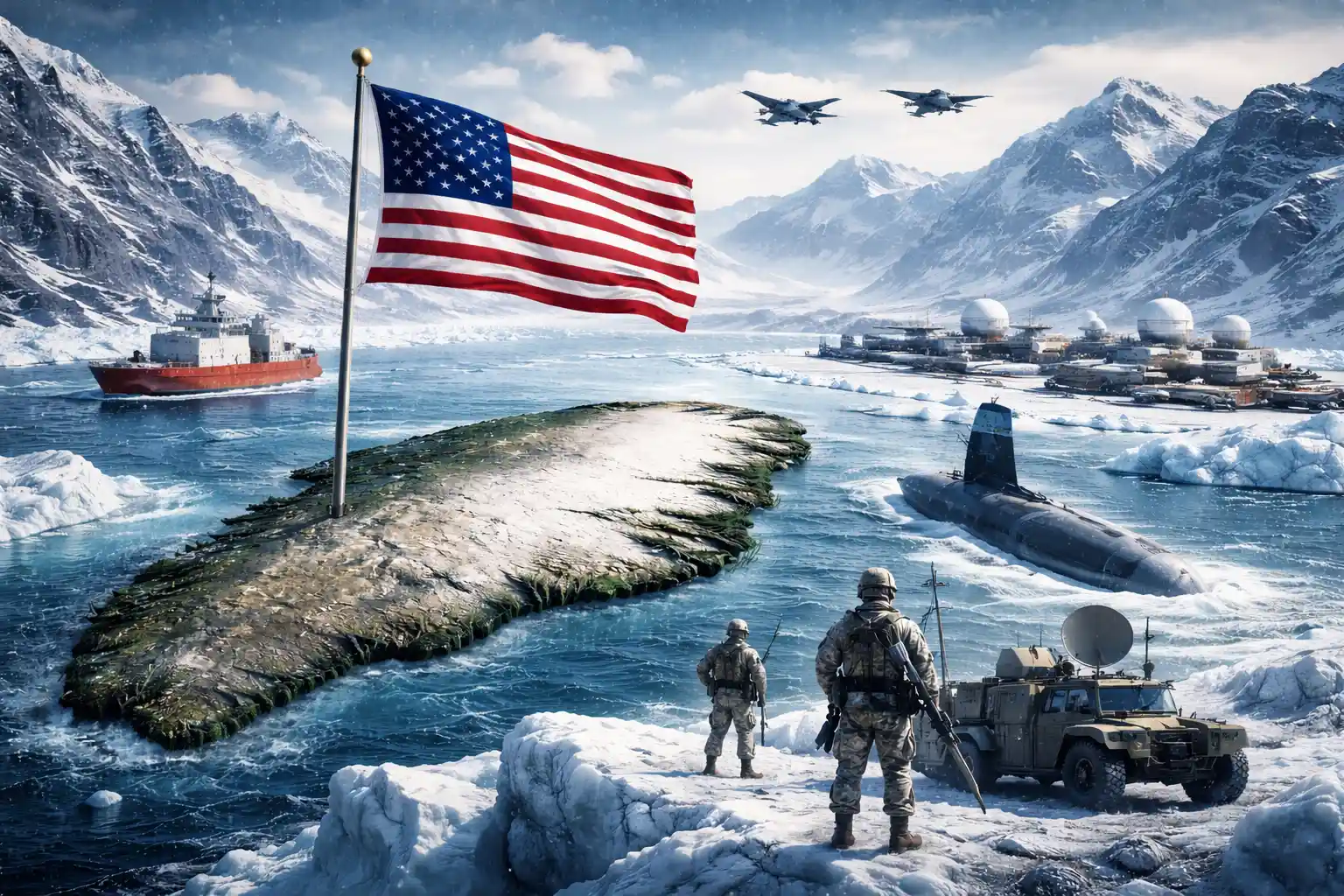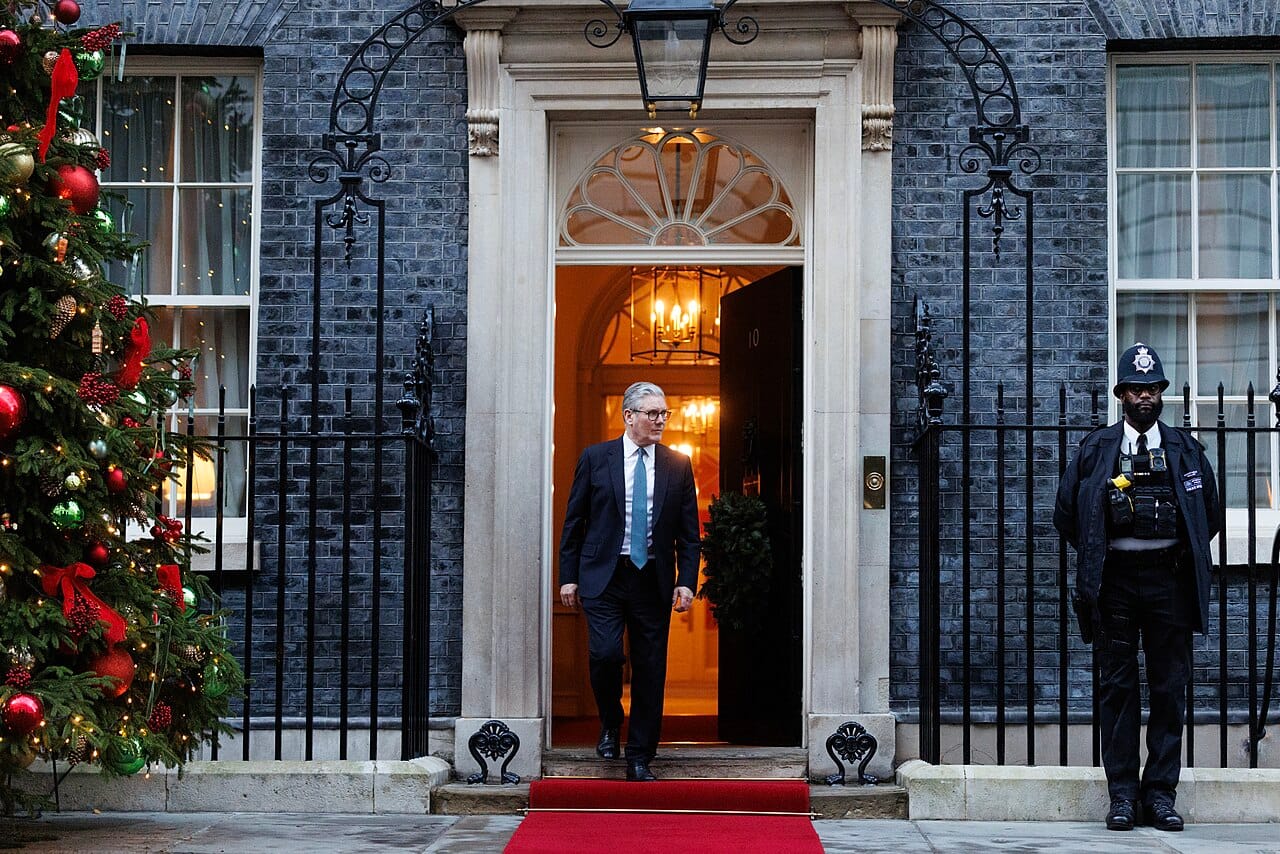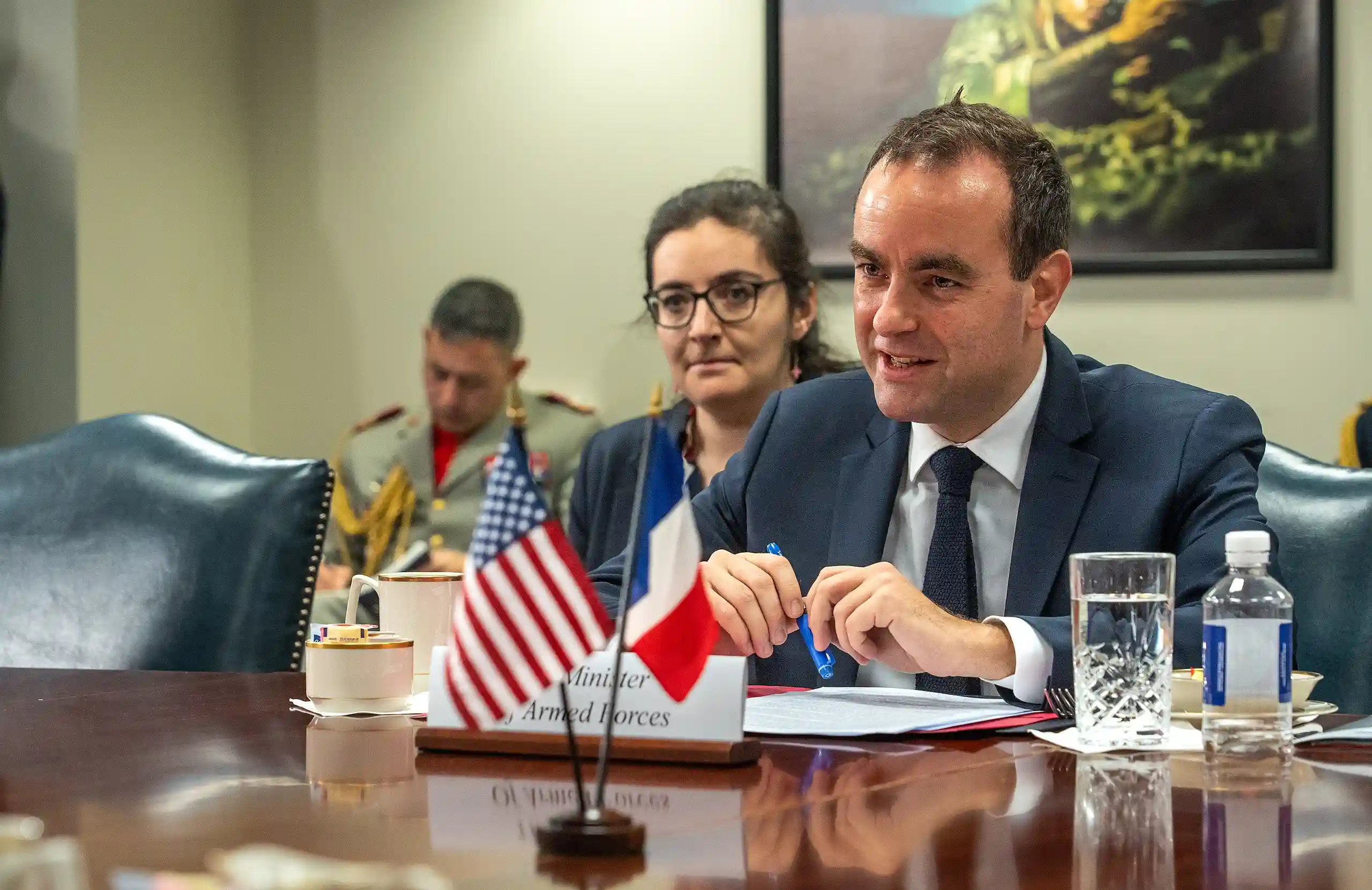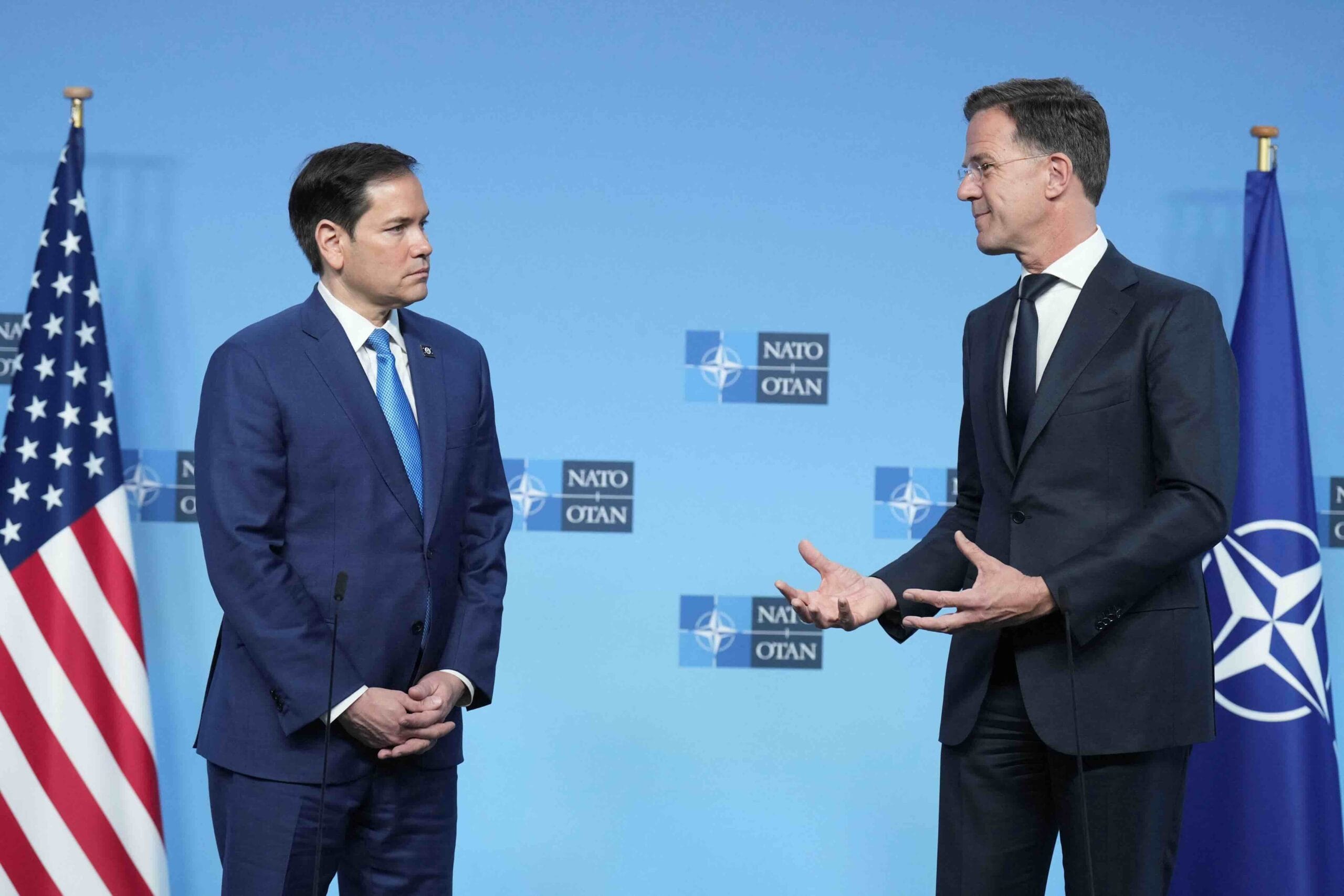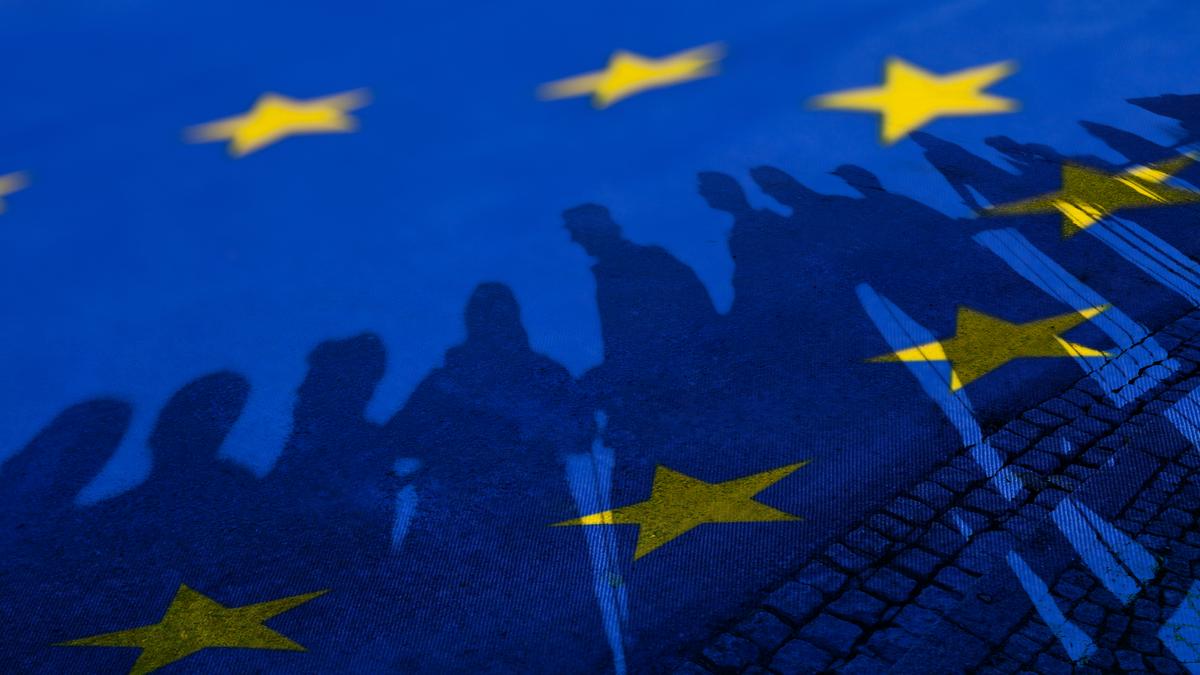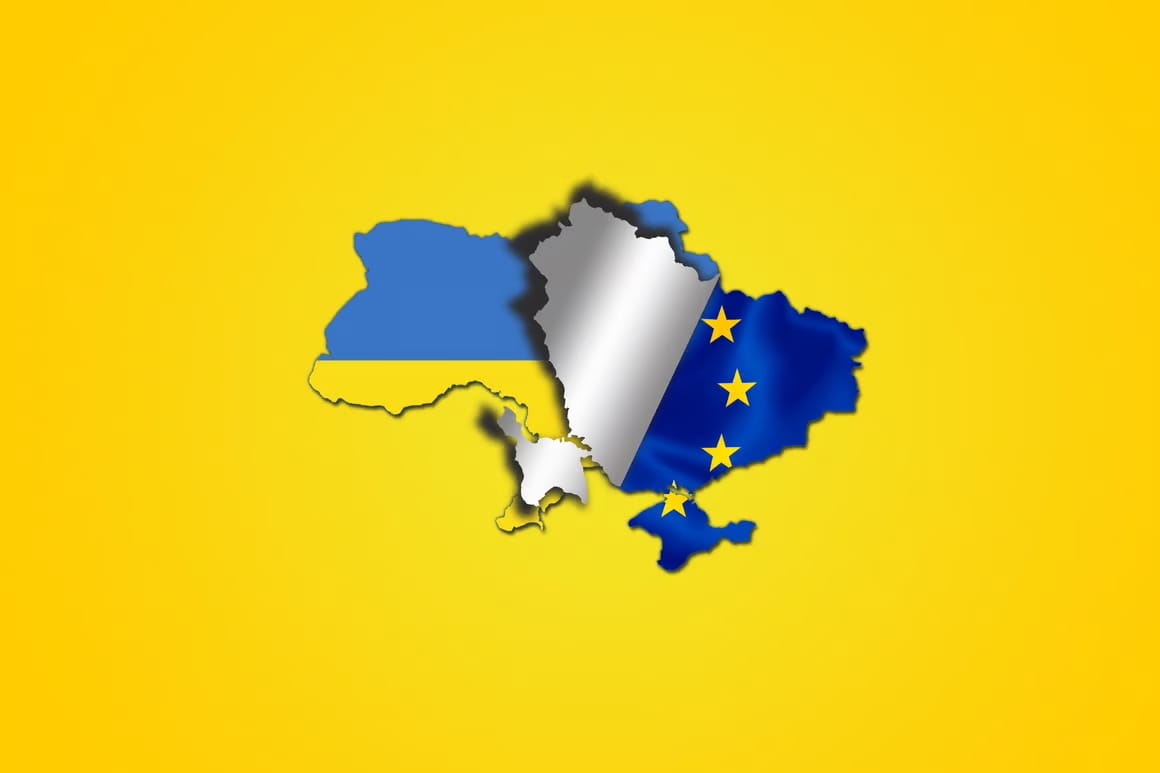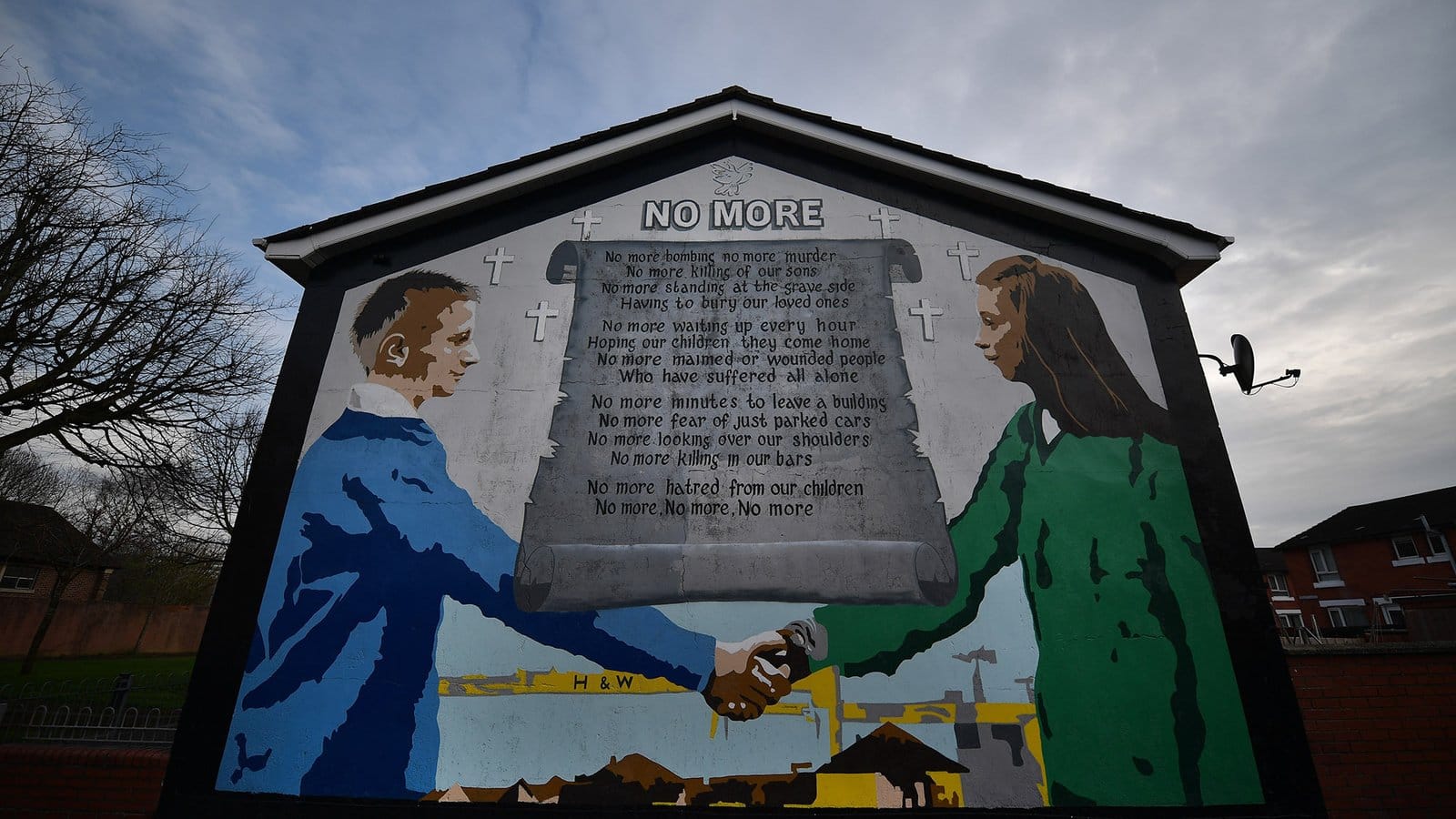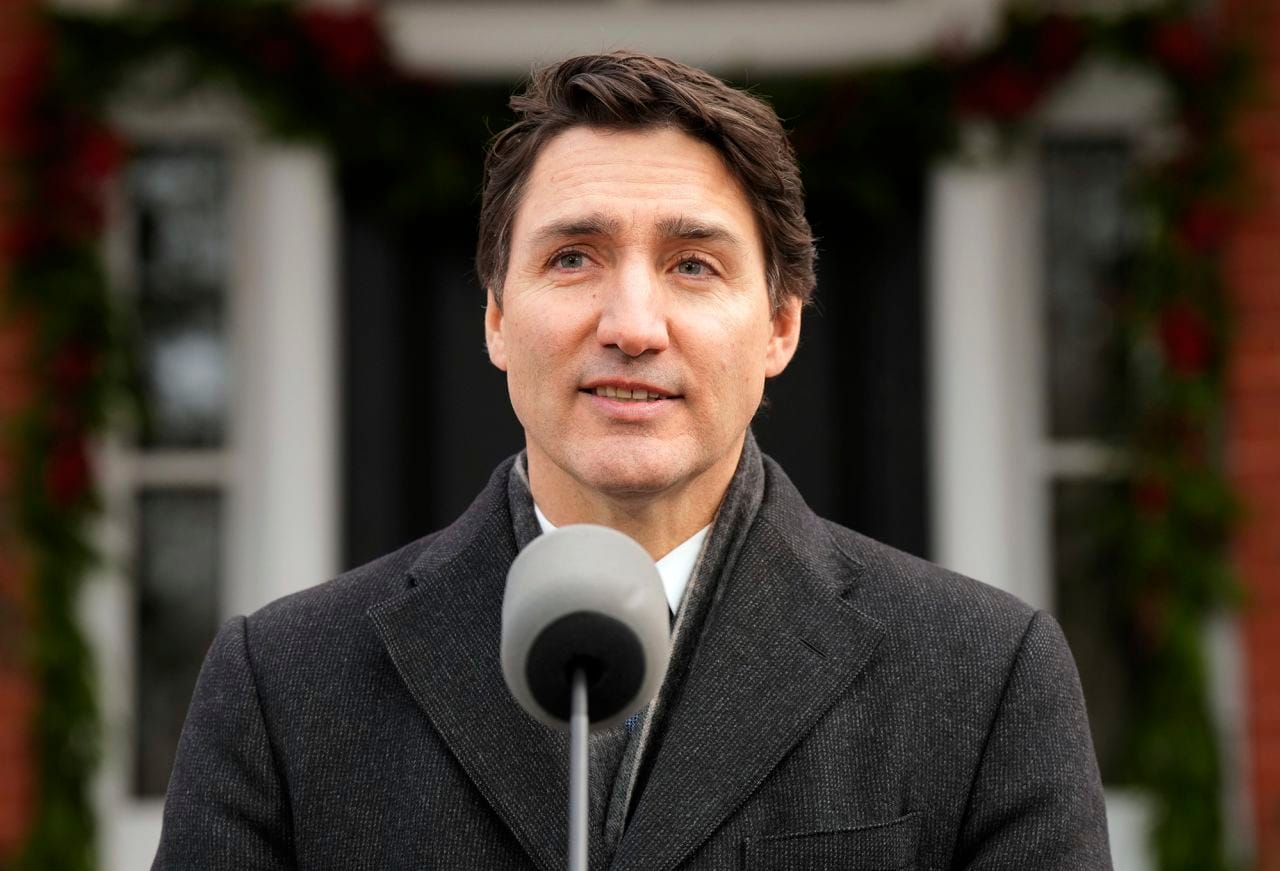The World Economic Forum held its 2026 Annual Meeting with the theme “A Spirit of Dialogue,” once again transforming the alpine silence of Davos into motorcades, guarded passageways, and rushed diplomacy. This year, however, the atmosphere was everything from formal. Davos 2026 took place in a world that is becoming more and more defined by technological advancements, geopolitical division, and concerns about climate change.
Tag: European Union
Trump’s Greenland Obsession: More of National Security Vulnerability and Less Minerals
President Donald Trump said on January 9 that his administration will take action on Greenland “whether they like it or not,” and this time it seems serious as he pushes to acquire the Danish territory for the United States. After January 3, when Venezuelan leader Nicolas Maduro was ousted from Caracas, the American President is adamant about seizing control of the 836,330-square-mile island of Greenland, which is bigger than Alaska.
Strategic Arctic Competition: When National Security Trumps Sovereignty
On Wednesday, January 14, 2026, high-level talks between the Trump administration and Danish-Greenlandic officials ended precisely where they began: in deadlock. Following a White House meeting with Vice President JD Vance and Secretary of State Marco Rubio, Danish Foreign Minister Lars Lokke Rasmussen emerged to confirm a “fundamental disagreement” remained over Greenland, despite establishing a working group to explore compromise. Hours earlier, President Trump had doubled down from the Oval Office, declaring “we need Greenland for national security” while questioning whether “Denmark can do about it if Russia or China wants to occupy Greenland.”
United Kingdom’s Adrift in a Sea of Political Fragments
The United Kingdom, a nation whose name suggests unity, is facing a deep political breakdown. Barely eighteen months after Sir Keir Starmer’s Labour Party achieved a historic majority, the political scene has splintered into various factions, rebellious parties, and widespread public disappointment. The long-standing divide between Conservatives versus Labour has become irrelevant. Instead, we see a chaotic, multi-party contest where the governing party sits in third place in the polls, a rising nationalist right dictates the agenda, and the authority of the Prime Minister faces open challenges from within his own party. This situation is not just a minor setback for a new government; it marks a fundamental shift in British democracy, sparked by the upheaval of Brexit and intensified by global instability.
France’s Leadership Crisis: What Comes Next?
France’s political elite were shaken this week when Prime Minister François Bayrou was removed after losing a no-confidence motion in the National Assembly. The failure comes in a series of government collapses during the Macron era, reinforcing how precarious executive power has become in a parliament divided along ideological fault lines. Acting quickly, President Emmanuel Macron appointed Defense Minister Sébastien Lecornu as the new prime minister today — a gesture aimed at conveying competence and continuity at a time when the presidency is in danger of looking stuck.
The Hinge in American Transatlantic Defence
Over the past three years, the transatlantic alliance has demonstrated considerable cohesion in evolving geopolitical dynamics and shifting domestic priorities. The alliance has demonstrated considerable cohesion by delivering substantial military aid, enforcing strict economic sanctions, and contributing over €185 billion in support of Ukraine. Yet, as Russian aggression persists and public support in parts of Europe diminishes, the strategic landscape has changed with a potential return of a Trump. Under this emerging paradigm, the U.S. strategy has anticipated a pivot away from military engagement and extensive financial assistance to Ukraine and press European partners to assume a larger share of the defence burden.
European Union Regroups and Rearms
Leaders from the European Union’s 27 member states will meet in Brussels on Thursday to find ways to succour Ukraine and to rethink some of its own security arrangements. Europe is hastily adjusting its thinking on defence as American policy under President Donald Trump looks ever-less predictable. A plan will be presented for the EU to help member states borrow from a fund of €150 billion ($161 billion) to spend on defence, some of which would be used to boost Ukraine’s war effort. EU fiscal rules that constrain spending also look likely to be relaxed so that national governments can splurge up to 1.5% of GDP more on defence.
The Price of Europe’s Support for Ukraine
The war’s origins trace back to 2014 when Russia annexed Crimea following pro-EU protests in Kyiv, which led to conflict between Russian-backed separatists and Ukrainian forces in Donetsk and Luhansk. Tensions escalated in late 2021 as Russia massed troops near Ukraine’s borders, demanding security guarantees from NATO. When diplomatic efforts failed, Russia launched a full-scale invasion on February 24, 2022, citing security concerns and alleged persecution of Russian speakers. Initial assaults targeted Kyiv, but after failing to seize the capital, Russian forces withdrew in April, refocusing their offensive on eastern and southern Ukraine, where as of 2024, they occupy around 20% of Ukraine, having gained over 4,000 square kilometres.
An Independent Scotland and a United Ireland for the World
Ten years after the contemporary Scottish independence movement began, Scotland’s independence and the long-awaited reunification of Ireland have become historic certainty. Political figures made the startling announcement that Northern Ireland will soon join the Republic of Ireland and that Scotland will be recognised as an independent country. The British Isles, as well as the distribution of power and international relations worldwide, are now redefined by these two significant events, which have their roots in decades of cultural revival, political unrest, and revolutionary catalysts.
Justin Trudeau Resigns as Canada’s Prime Minister
On January 6th Justin Trudeau, Canada’s prime minister, announced his resignation. Over the past year he has became an isloated and deeply polarising figure as supporters have abondoned his Liberal Party, angry that it has failed to tackle inflation, housing costs and the strains from high immigration. In the coming weeks the Liberals will be gripped by a leadership struggle. Potential replacements include Mark Carney, who ran the Bank of England, and before that the Bank of Canada; Chrystia Freeland, whose surprise resignation as finance minister precipitated the crisis that forced Trudeau out; and Dominic Leblanc, who succeeded Freeland as finance minister.
